How do you get compost going in a desert climate?
bluegirl_gw
10 years ago
Related Stories

GARDENING GUIDESGet on a Composting Kick (Hello, Free Fertilizer!)
Quit shelling out for pricey substitutes that aren’t even as good. Here’s how to give your soil the best while lightening your trash load
Full Story
LANDSCAPE DESIGNCelebrate a Sunny Climate With the Right Leafy Palm for Your Site
So you get freezes or floods. So your garden is small. These palms send excuses riding off into the tropical sunset
Full Story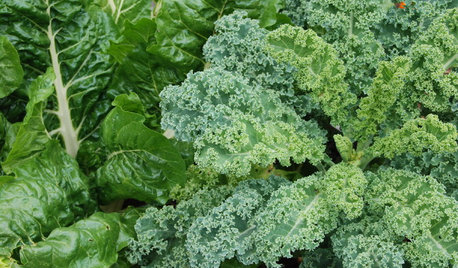
FALL GARDENINGFrost-Hardy Foliage That Loves a Cold-Climate Garden
When winter cuts a bleak swath through other plants, these edibles and perennials flourish brilliantly
Full Story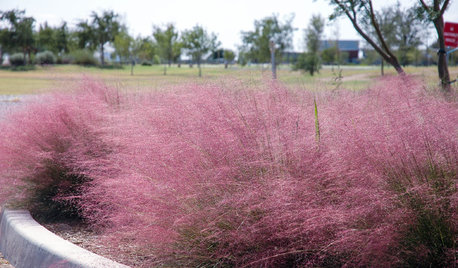
NATIVE PLANTS10 Top Plants Native to the Desert Southwest
Get a thriving garden despite unforgiving conditions with these tough, unthirsty, sun-loving beauties
Full Story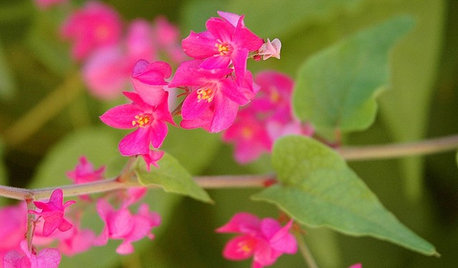
GARDENING GUIDESGreat Design Plant: Antigonon Leptopus in California and Desert Gardens
Dry climates can enjoy sprays of delicate pink flowers and heart-shaped leaves on this drought-tolerant, summer-flowering vine
Full Story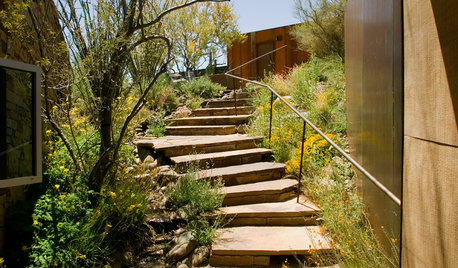
ARCHITECTUREHouzz Tour: A Pond House in the Arizona Desert
With water in the back and a descent to get in, this skillfully designed modern home keeps its cool in the Southwestern sun
Full Story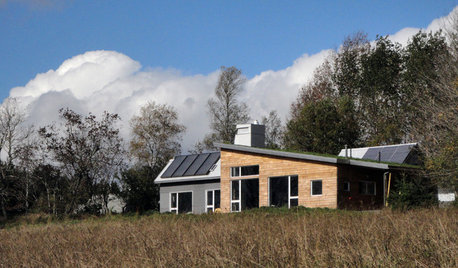
GREEN BUILDINGHouzz Tour: Going Completely Off the Grid in Nova Scotia
Powered by sunshine and built with salvaged materials, this Canadian home is an experiment for green building practices
Full Story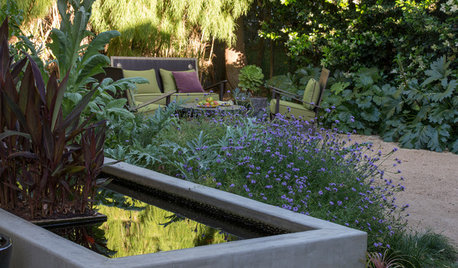
SAVING WATERHouzz Call: Are You Letting Go of Your Lawn?
Many facing a drought are swapping turf for less thirsty plantings. If you’re one of them, we’d like to hear about it
Full Story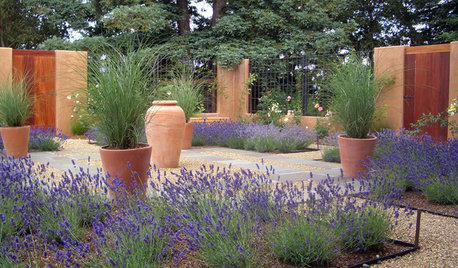
SAVING WATERXeriscape Gardens: How to Get a Beautiful Landscape With Less Water
Conserve water and make gardening much easier with the xeriscape approach’s 7 principles
Full Story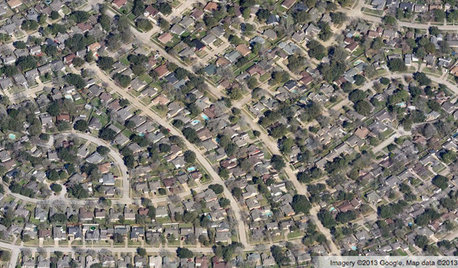
COMMUNITYGet a Bird's-Eye View of America's Housing Patterns
See the big picture of how suburban developments are changing the country's landscape, with aerial photos and ideas for the future
Full Story








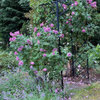
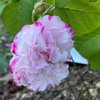
strawchicago z5
bluegirl_gwOriginal Author
Related Professionals
Danbury Landscape Architects & Landscape Designers · Windham Landscape Architects & Landscape Designers · Beavercreek Landscape Architects & Landscape Designers · Rossville Landscape Architects & Landscape Designers · Canton Landscape Contractors · Gainesville Landscape Contractors · Stoughton Landscape Contractors · Williamsburg Landscape Contractors · Coeur d'Alene Landscape Contractors · Kaysville Landscape Contractors · New Providence Landscape Contractors · San Bruno Landscape Contractors · St. Louis Landscape Contractors · Suitland Landscape Contractors · Eastlake Landscape Contractorsdchall_san_antonio